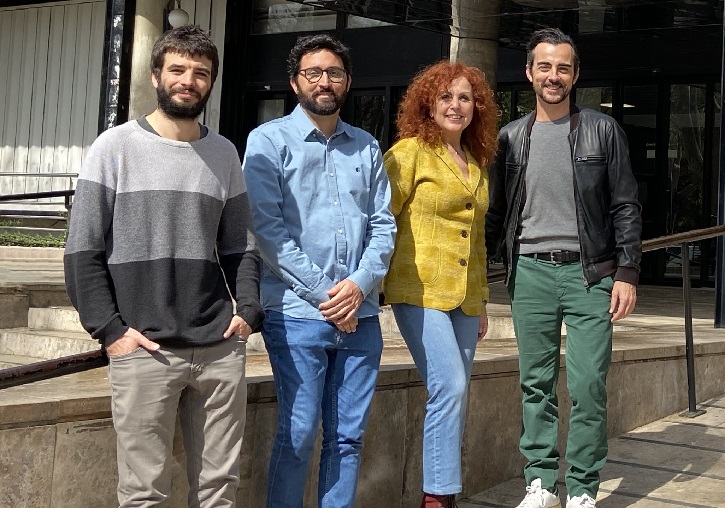
A research team from the University of Valencia (UV) has carried out a study that analyses the effects of interventions based on mindfulness and compassion in psychology students. The work, published in the journal Mindfulness, has detected an increase in salivary oxytocin, a hormone related to affective bonds and the establishment of empathy. The article advocates the inclusion of these interventions in the teaching curriculum of clinical and health psychology studies.
It is a study that performs a comprehensive evaluation of empathy and not only of the self-perception that a person has about his or her own abilities, which may be biased. With this research, biological, psychological and behavioural indicators are added that give a broader view of the empathic skills of psychology students.
Empathy, defined as the ability to infer and synchronise with the cognitive and emotional state of other people, is an essential aspect of the health work of professional psychologists and is linked to the success of their interventions.
The research compares the results obtained in three groups of students. In the first group, an intervention based on mindfulness and compassion was applied. In the second, students carried out their training practices in psychotherapy. In addition, a third group was included in which no intervention was applied. In the students who were taught to practice mindfulness and compassion, there was an increase in empathy and salivary oxytocin. The research group concludes that this could produce a beneficial influence on interactions and social ties. In addition, it would help students to increase their introspection and emotional management, skills that are not always addressed in academic training, and that are essential in the development of their profession.
The article provides a scientific basis for interventions based on mindfulness and compassion. In it participated Miguel Bellosta Batalla (first author of the article), M. Carmen Blanco Gandía, Marta Rodríguez Arias and Luis Moya Albiol (all four from the Department of Psychobiology), Ausiàs Cebolla (Department of Personality, Evaluation and Psychological Treatments) and Josefa Pérez Blasco (Department of Evolutionary Psychology and Education).
“In recent years, mindfulness and compassion strategies have been the subject of an overexposure in the media that has meant that they are understood as a panacea or a fashion without scientific basis. In this sense, it is essential to carry out rigorous studies to demonstrate that this type of mental training is effective, and can have benefits for society”, highlighted Ausiàs Cebolla.
Researchers report that the increase in salivary oxytocin levels occurs at the end of the intervention, and the improvement in empathy occurs when this learning is assimilated and applied to the person’s social environment. Furthermore, they point out the importance of continuing to practice mindfulness and compassion regularly, so that the beneficial effects of these interventions are maintained. Ninety students from the Faculty of Psychology participated in the study.
Article: Bellosta-Batalla, M., Blanco-Gandía, M.C., Rodríguez-Arias, M., Cebolla, A., Pérez-Blasco, J., & Moya-Albiol, L. (2020). «Increased salivary oxytocin and empathy in students of clinical and health psychology after a mindfulness and compassion-based intervention». Mindfulness, 11, 1006-1017. Link: https://doi.org/10.1007/s12671-020-01316-7











